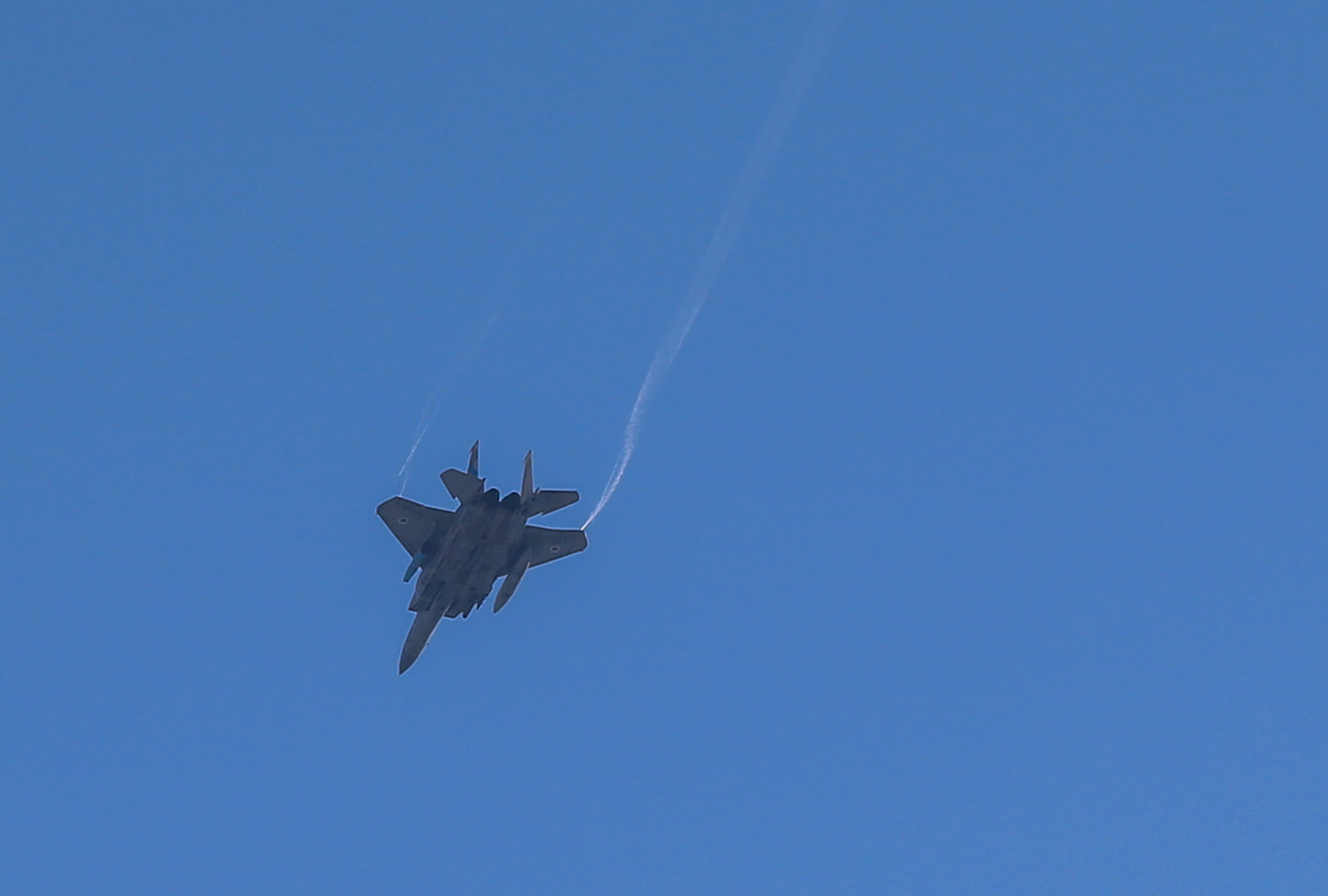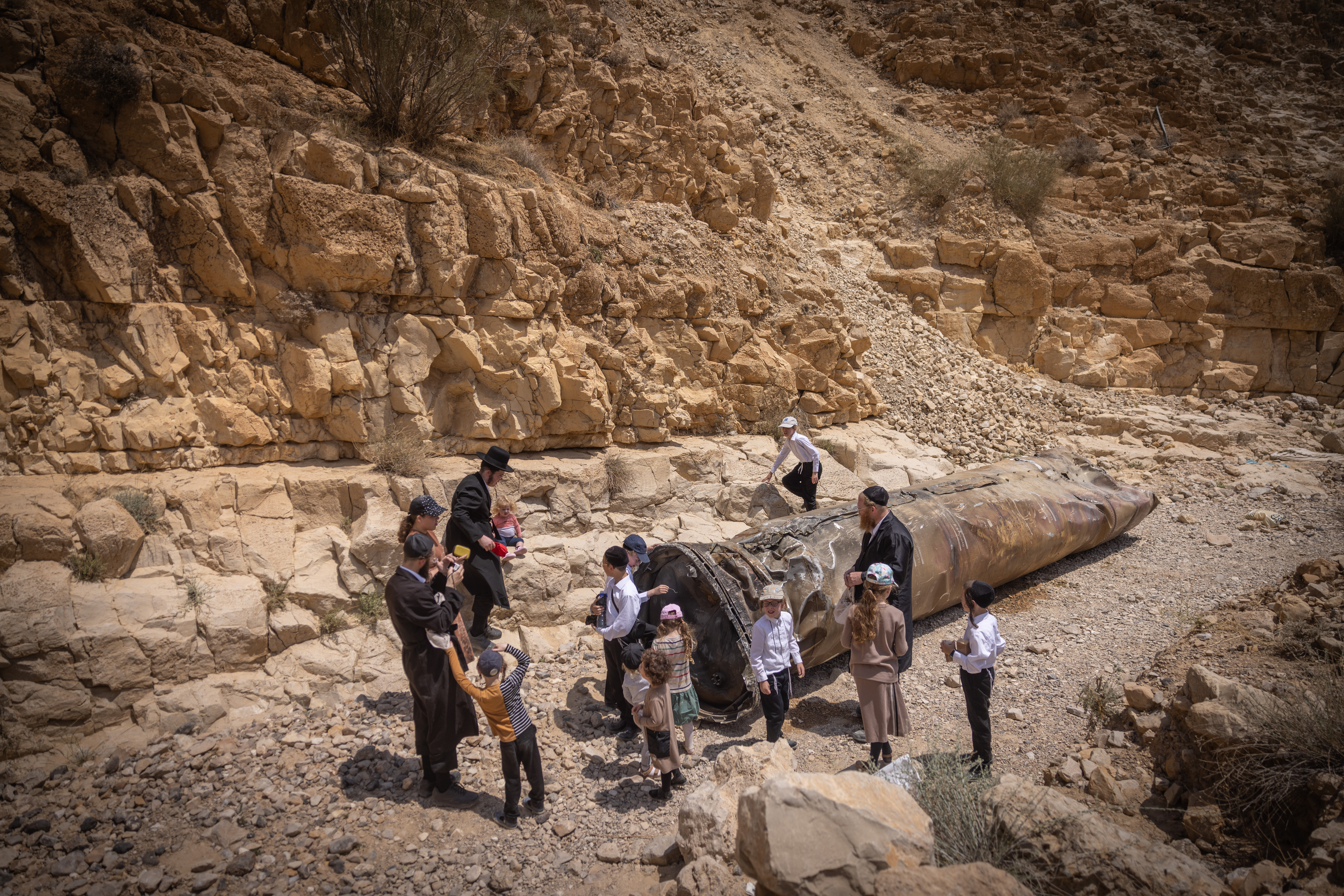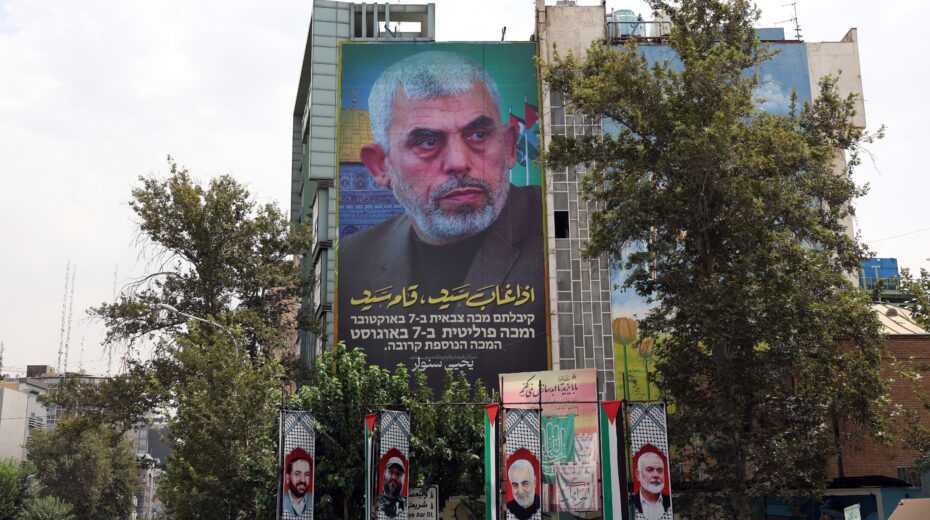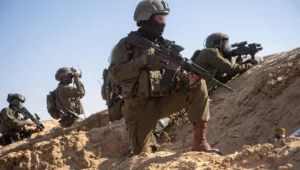After the killing of the Iranian general in Damascus, the Iranians took 13 days to prepare their attack on Israel, during which they launched hundreds of drones, cruise missiles and ballistic missiles, almost all of which were intercepted by Israel and a coalition of allies and partners.
Israel and that same coalition are preparing for an escalating scenario where Iran and Hezbollah might attack simultaneously, possibly targeting the same objectives and sensitive locations in response to the recent eliminations of Hamas leader Ismail Haniyeh in Tehran and Hezbollah commander Fuad Shukr in Beirut. In Israel, it is believed that Iran and Hezbollah will focus on military targets.

Both Israel and the US have gathered intelligence suggesting that an attack by Hezbollah and Iran is imminent. The US intelligence services have detected movements and preparations of missile positions and anti-tank missiles, resembling the preparations made by the Iranians before the April 14th attack. The Israeli Defense Forces (IDF) confirmed similar preparations by Hezbollah in Lebanon. According to various reports, Hezbollah has evacuated its headquarters and offices in the Da’aheh neighborhood of Beirut.
Iran’s Supreme Leader, Ali Khamenei, visited a mosque of symbolic significance in Iran, a place typically visited before fateful moments for the nation.
Following this bitter, tragic event which has taken place within the borders of the Islamic Republic, it is our duty to take revenge.
— Khamenei.ir (@khamenei_ir) July 31, 2024
Preparations in Israel are at full speed, with vigilance both defensively and offensively at the highest level. Israel might respond quickly to such an attack, possibly even before knowing the full results, to avoid being pressured not to react afterward. Israel is also preparing for a preemptive strike—a strike intended to thwart and intercept a missile or drone attack if intelligence confirms it with 100% certainty as imminent. On a practical level, the Air Force is preparing dozens of fighter jets for a variety of missions, including preemptive strikes, interception and retaliatory strikes.
Defense Minister Yoav Gallant is in close contact with his American counterpart, Lloyd Austin, with whom he has held several discussions.

In Israel, it is believed that international pressure on Iran will not be effective and that Iran has already made the decision to attack. Despite the high alert, the political and security cabinet has not convened, and the Prime Minister has not called for security consultations involving the Defense Minister.
The international community, led by the United States, is exerting strong pressure on Iran not to respond to Haniyeh’s killing, fearing escalation. On Monday evening, Israel time, the White House issued a joint statement from President Joe Biden and European leaders urging Iran to refrain from retaliation. “We, the leaders of the United States, the United Kingdom, France, Germany and Italy, have discussed the situation in the Middle East. We expressed our full support for ongoing efforts to de-escalate tensions, finalize a ceasefire agreement, and secure the release of the hostages in Gaza. We supported the joint call by President Biden, Egyptian President Sisi and Emir Tamim of Qatar to resume talks this week with the aim of reaching an agreement as soon as possible and emphasized that there is no more time to lose. Furthermore, it is necessary to fully support Israel against the attacks by Iran-backed terrorist groups. We urged Iran to halt its ongoing threats of a military attack on Israel and discussed the serious consequences for regional security should such an attack occur,” the joint statement read.
German Chancellor Olaf Scholz called Iranian President Masoud Pezeshkian and urged him to do everything possible to prevent further military escalation. Scholz said, “The cycle of violence in the Middle East must be broken now. Anything else poses an incalculable danger to the countries of the region and their populations.” British Prime Minister Keir Starmer also called the Iranian president and warned him against a miscalculation.

The messages Israel is sending to the international community are that a joint attack by Iran and Hezbollah on civilian targets would be met with a disproportionate response from Israel, seriously jeopardizing the efforts for a ceasefire and the release of the hostages.
The United States fears that an attack by Iran and Hezbollah could undermine the success of the summit scheduled for this coming Thursday, where an agreement on the hostages is expected to be reached. US Secretary of State Antony Blinken, who plans to depart for the region tonight to visit Israel, Qatar and Egypt, might postpone his arrival if there is an Iran/Hezbollah attack on Israel. Meanwhile, the Americans are continuing their negotiations to resolve all outstanding issues. Biden’s envoy Brett McGurk has traveled to Cairo to try to resolve the issue of the Philadelphi Corridor and the Rafah border crossing, which are central components of the agreement.














